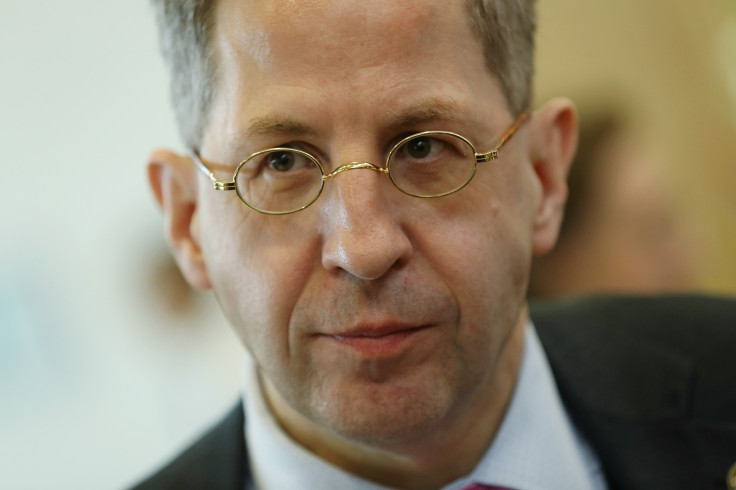China's hackers pose on LinkedIn to spy on 10,000 political officials says German spy chief
Germany's spy chief Hans-Georg Maassen names and shames alleged Chinese hackers.

The head of Germany's domestic intelligence agency warned on Sunday (11 December) that China allegedly is using social networks to try to cultivate lawmakers and other officials as sources.
Hans-Georg Maassen said his agency, known by its German acronym BfV, believes more than 10,000 Germans have been targeted by Chinese intelligence agents posing as consultants, headhunters or researchers, primarily on the social networking site LinkedIn.
"This is a broad-based attempt to infiltrate in particular parliaments, ministries and government agencies," Maassen said. In addition, Chinese hackers increasingly are launching attacks on European companies through trusted suppliers, he alleged.
The BfV established a task force early this year which examined the use of fake profiles on social networks over nine months. The agency provided journalists with what it said were eight of the most prolific fake profiles on LinkedIn used by alleged Chinese spies.
Using names such as Lily Wu, Laeticia Chen or Alex Li, the profiles sport impressive resumes, hundreds of contacts and attractive pictures of young professionals.
The agency also named six organisations it alleged Chinese spies use to cloak their approaches, including one called the Association France Euro-Chine and another named Global View Strategic Consulting. Messages seeking comment from the organisations weren't immediately returned.
Maassen warned that Chinese cybergroups also were using so-called "supply-chain attacks" to get around companies' online defences.
Such attacks target IT workers and others who work for trusted service providers to send malicious software into the networks of organisations the attackers are interested in.
"The infections are difficult to detect, since network connections between service providers and their customers aren't suspicious," the BfV said. "This gives the attacker an even better disguise than before."
Earlier this year, the spy chief said German intelligence agencies should have the ability to counter cyberattacks launched by hackers to better defend the country.
He said: "We think it's essential that we don't just act defensively, but that we are also able to attack the enemy so that he stops continuing to attack us in the future."
Chinese hacking groups are notorious for infiltrating governments and large companies to steal information, which is then used to further its own economic developments.
Unlike their Russian counterparts, they are not known to leak information stolen from espionage.






















